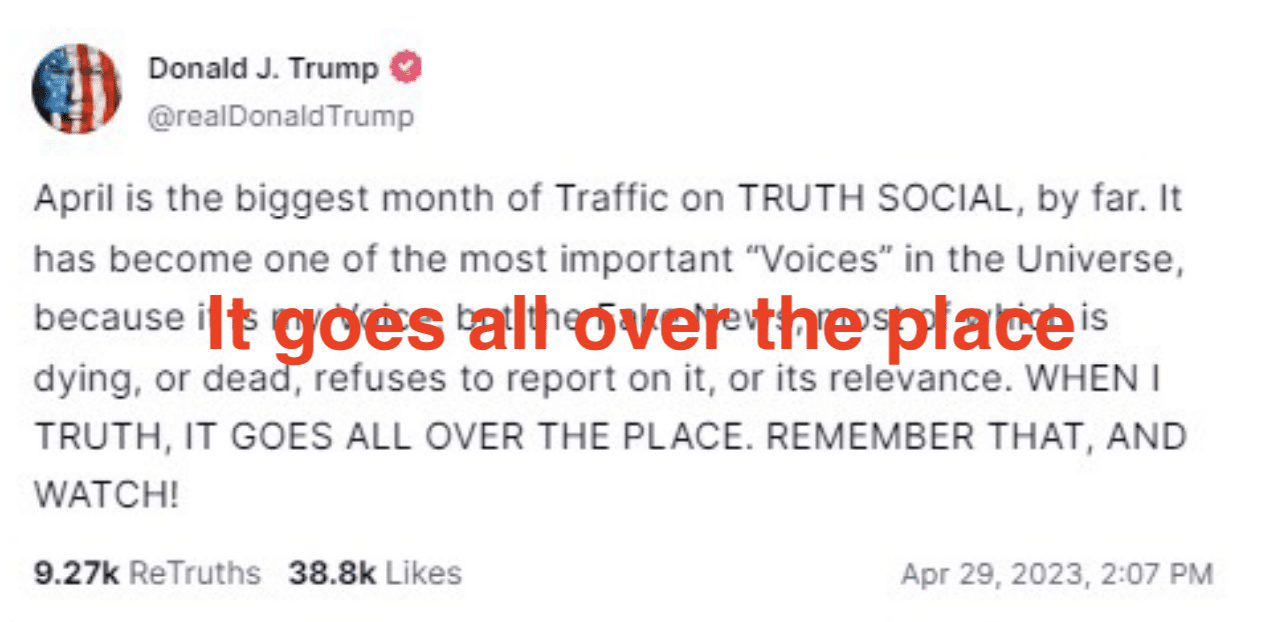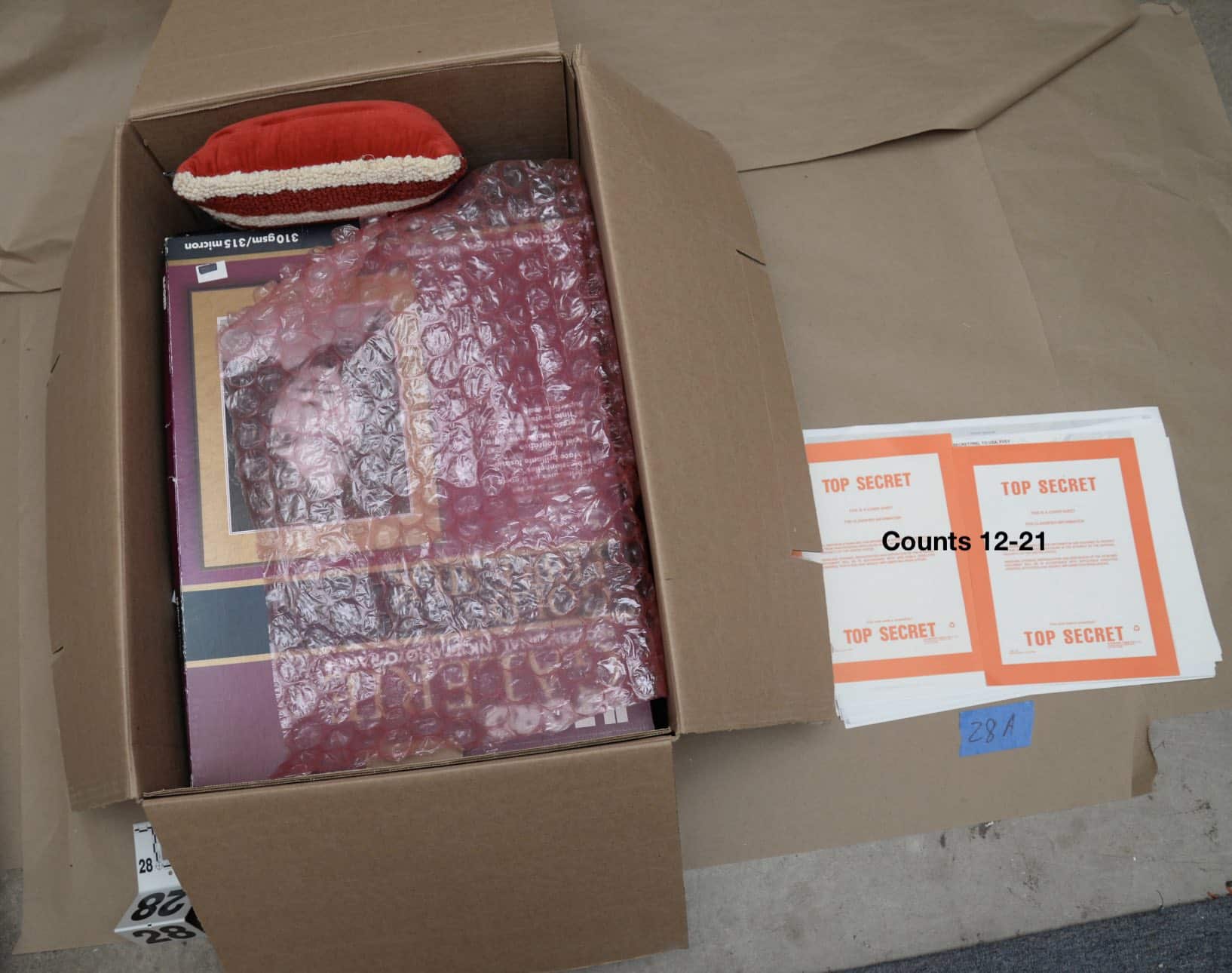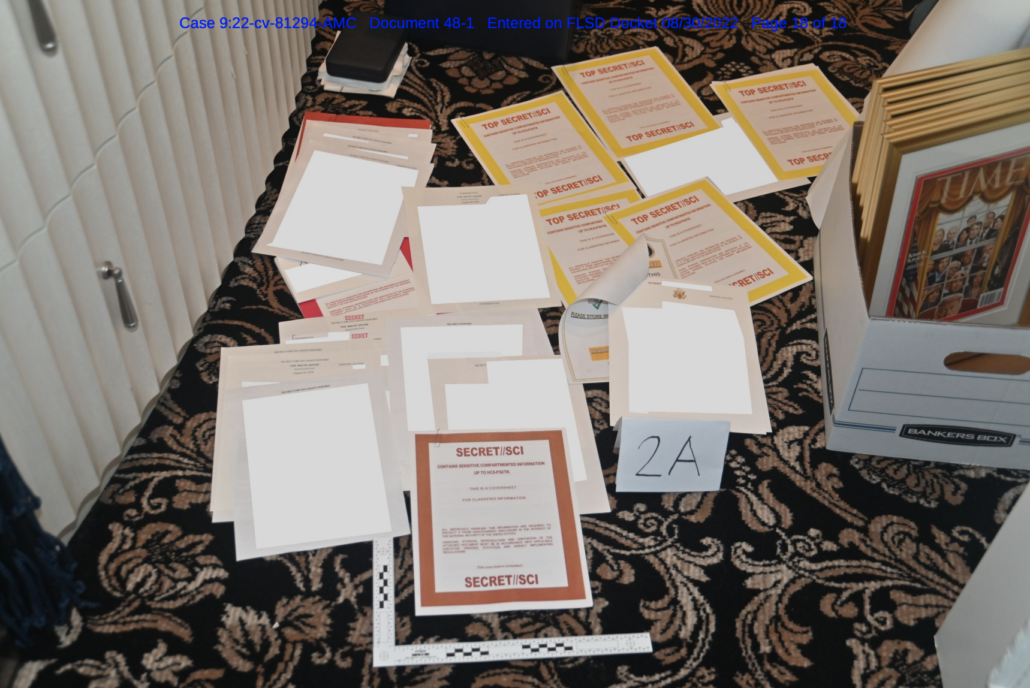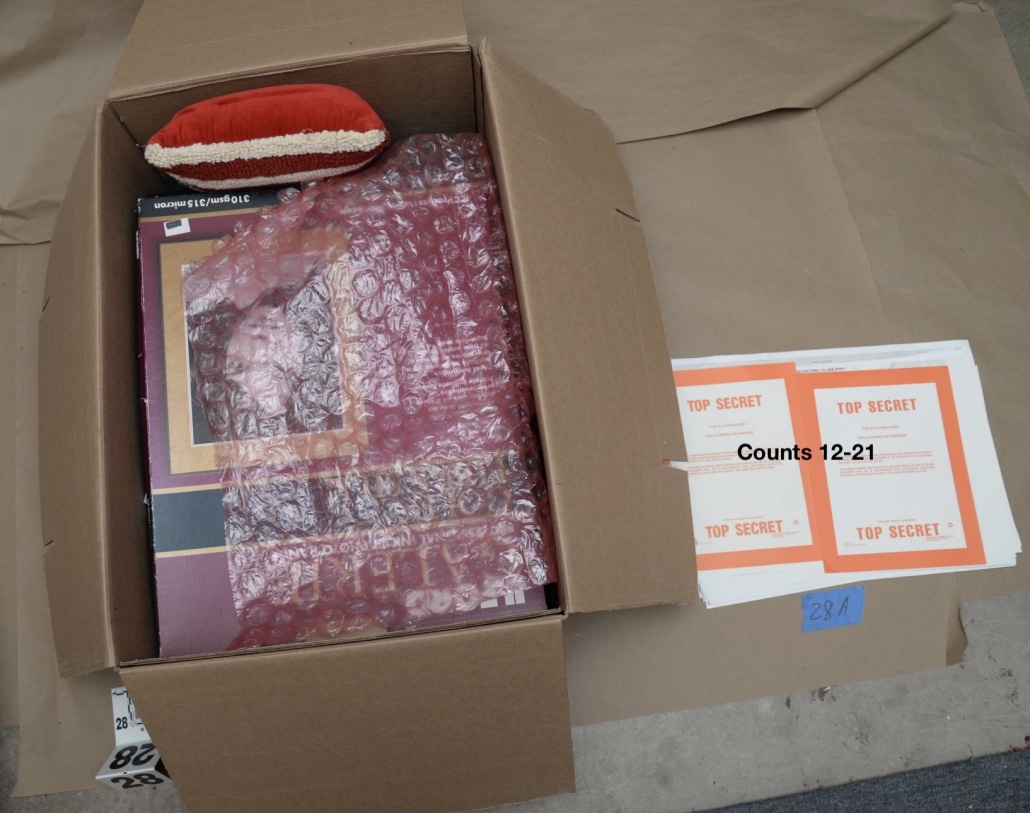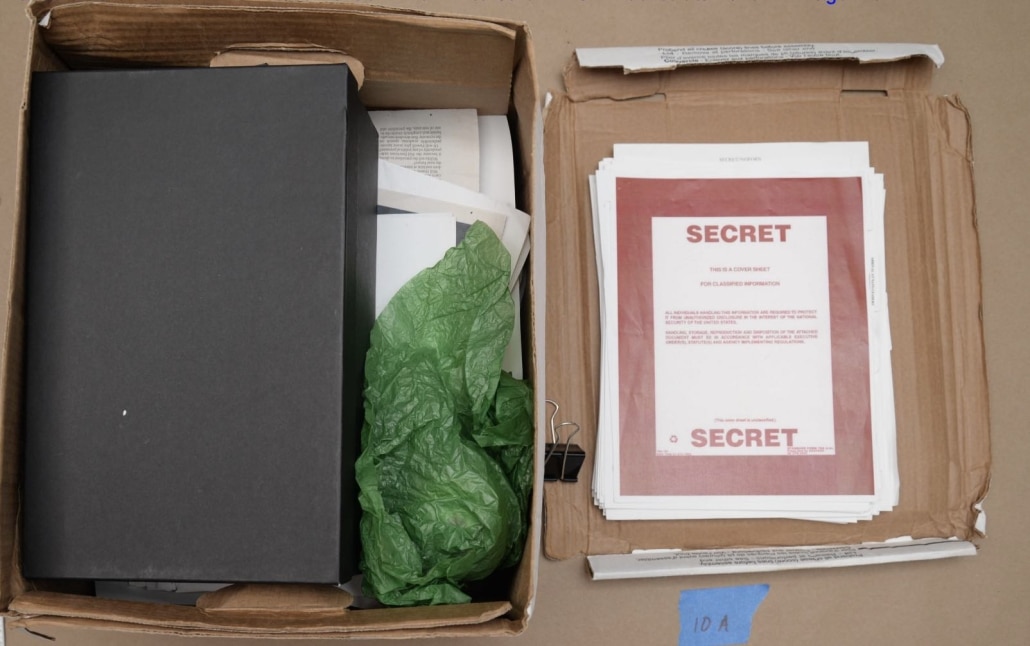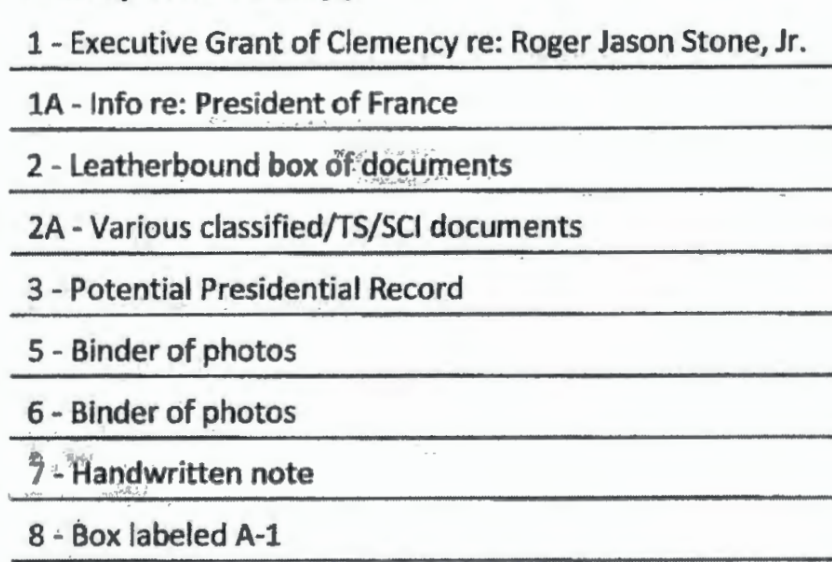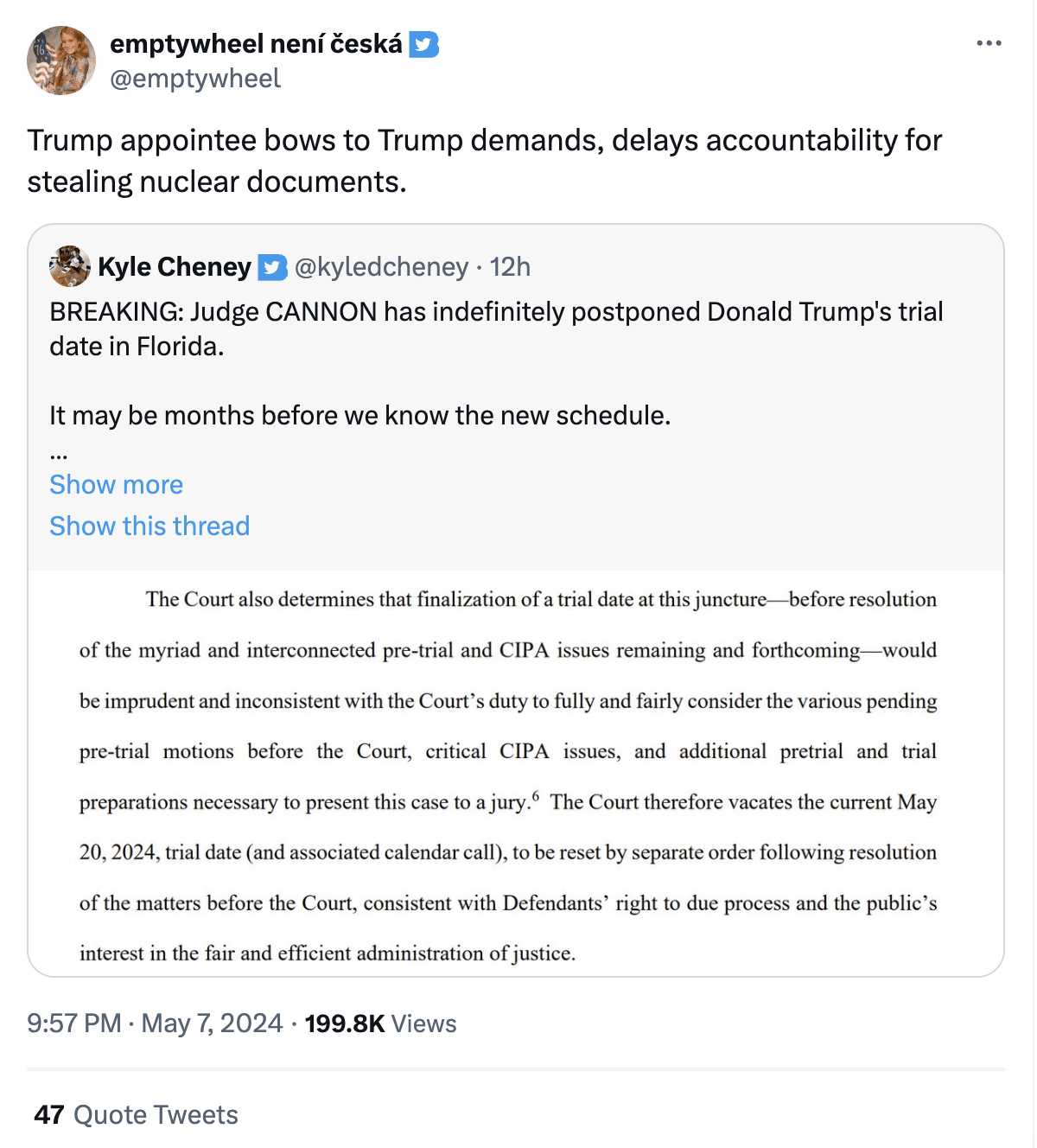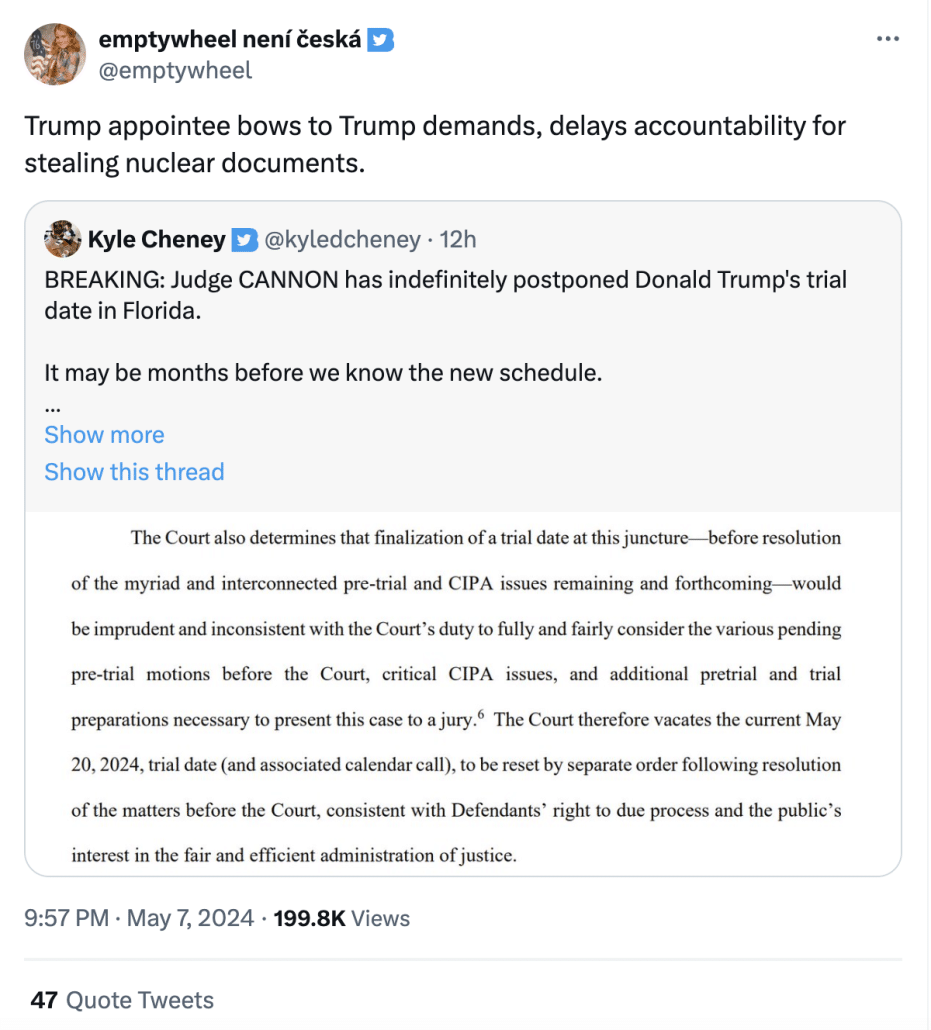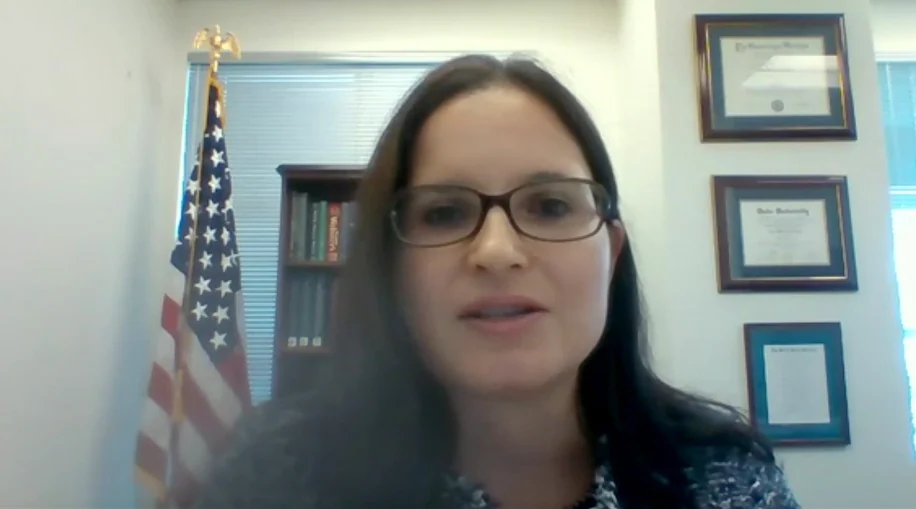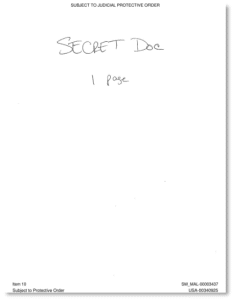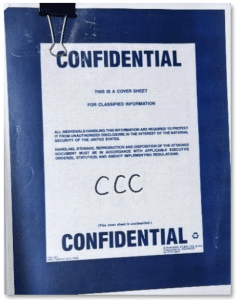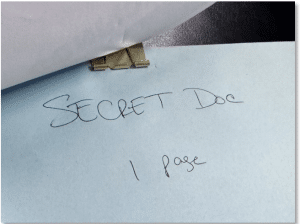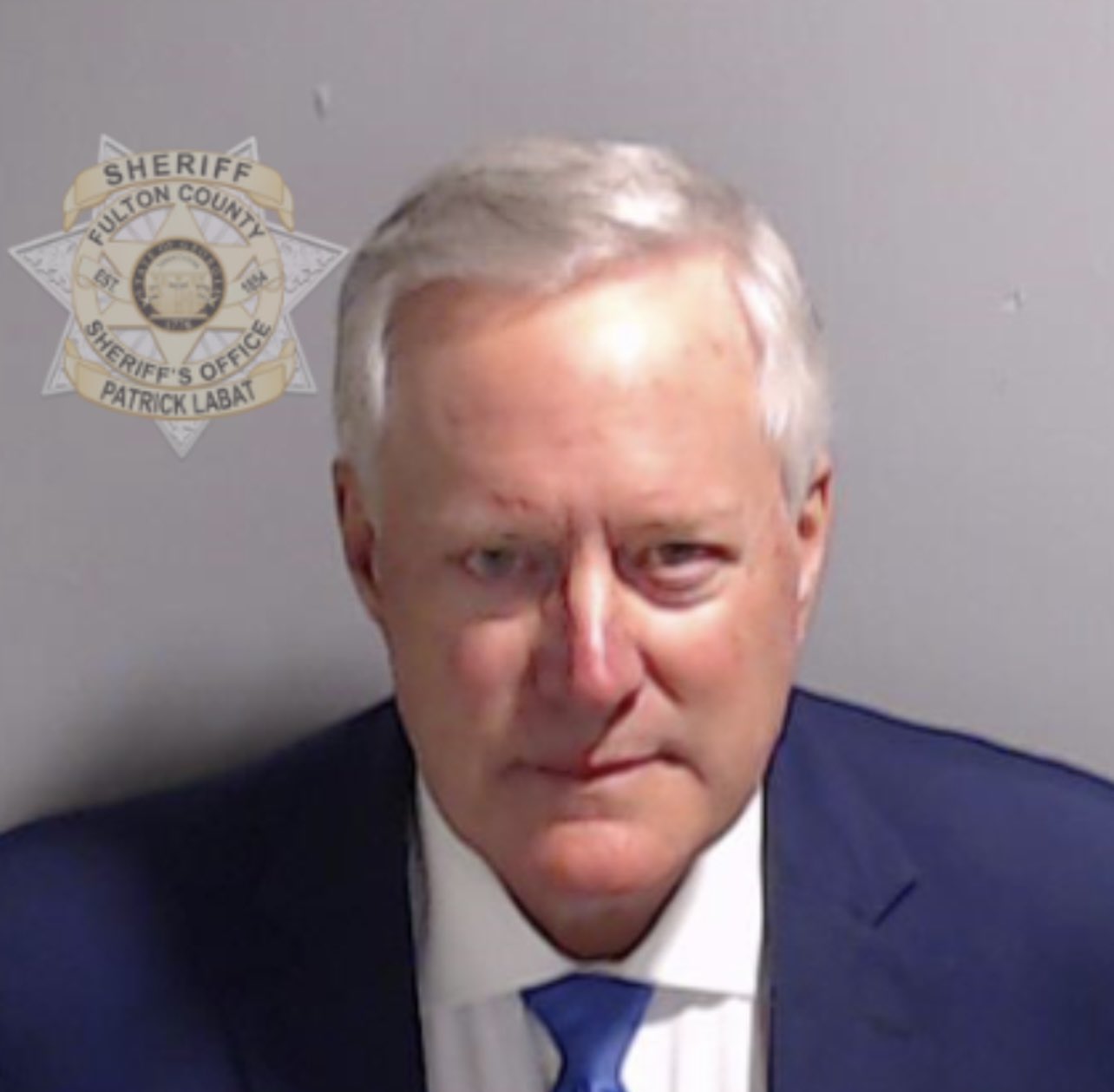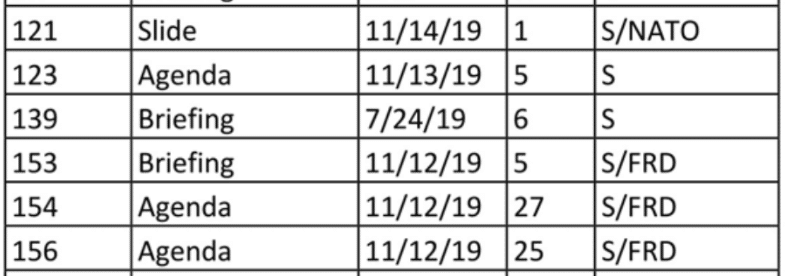Aileen Cannon Confesses She’s Unable to Distinguish between Golf Balls and Nuclear Weapons
Depending on how you count, Aileen Cannon issued three or four decisions yesterday.
The most telling is an order letting Trump have a mulligan on whether his false attacks on the FBI pose a danger to society.
As Jack Smith’s team described in a filing, after a hearing on the matter on June 24, Judge Cannon permitted more evidence of what a menace Trump is, but ordered no additional briefing would be permitted.
During the hearing on June 24, 2024, the Court discussed with the parties (Hearing Transcript 6/24/2024 at 27) the potential need to supplement the evidentiary record regarding the Government’s Motion to Modify Conditions of Release, ECF No. 592. After the conclusion of the hearing, the Court issued a minute order setting the schedule and resolving the issue that the Court and the parties had discussed regarding the need for additional briefing. The minute order states: “Consistent with the instructions provided in open court, the evidentiary record on this Motion will be open until June 26, 2024, for the parties to file any additional evidentiary attachments/exhibits in support of, or in opposition to, the Motion 592. Any attachments/exhibits shall be docketed as a “Notice of Filing” (separated by exhibits) and limited to specific evidentiary submissions only. No additional briefing will be permitted.”
But then on Wednesday, Smith’s team brought out a bazooka, providing all the records showing Trump poses a threat to society (which I’ve linked below).
In advance of that, when Trump submitted a bunch of exhibits that seem totally off point, they requested leave — in two weeks — to say more.
President Trump respectfully requests leave to file a response to the expected Notice to be filed tonight by the Special Counsel’s Office. See 6/24/2024 Tr. at 27 (“If the defense requests an opportunity to file additional briefing, then you should make that very clear in — in any response that you file to the motion for additional evidence.”). The defense conferred with the Special Counsel’s Office today and understands that the Special Counsel intends to file numerous exhibits not previously relied upon in seeking its Motion for Modification of Conditions of Release. President Trump respectfully requests two weeks to file a response to the newly submitted evidence.
So Judge Cannon pinky swore, invented a reason to retract one of the only definitive orders she issued against Trump, and created another five weeks of delay over the question of whether Trump is a menace.
PAPERLESS ORDER: In light of the extensive, newly submitted materials filed by the Special Counsel and Defendant Trump in support of and/or in opposition to the Special Counsel’s Motion to Modify Conditions of Release 592, the Court will permit the parties to file one final supplemental brief in response to those newly submitted materials, not to exceed 10 double-spaced pages, on or before July 5, 2024. The Court takes note of the additional court orders included in composite exhibit 11 to the Special Counsel’s recently filed Notice 652 . Consistent with the Court’s statements during the July 25, 2024, afternoon hearing 649, the Court will consider such orders as cited legal authority on the Motion, not as part of the developed evidentiary record in this proceeding, and not for the factual findings set forth in those separate proceedings. The evidentiary record on the Motion is closed. Absent leave of Court, no further exhibits shall be attached to the authorized final supplemental briefs.
Cmon Aileen. You just gave this man five weeks to declare that his own texts aren’t what his own texts say.
At this point, journalists covering Judge Cannon need to put aside all pretense of normality, all pretense that one or another decision will doom Jack Smith’s case (never mind that what they often say misunderstands the evidence). That’s a category error.
That’s true because, the way things are going, this thing will never go to trial. And it’s also true because puff coverage of the actual substantive filings does nothing to rebut the very intentional propaganda that this effort is designed to generate, but only serves the cause of using this case to discredit rule of law and reality.
Which brings me to the other quasi-decisions Judge Cannon made yesterday.
On paper, she denied Trump a Franks hearing for his claim that the warrant to search his beach resort in any way lacked probable cause, dismissing one after another thing that Trump argued should have been included in the affidavit (and debunking that several were, as Trump claimed, misrepresentations).
Except for the last one. Judge Cannon ruled that a warrant searching a home for documents with classification markings and Presidential Records Act documents didn’t have anything to do with probable cause.
The final cited omission concerns the absence of a definition of “personal records” under the Presidential Records Act (PRA) and related caselaw on a former President’s authority to designate records as “personal” under that Act [ECF No. 566 p. 9 (citing Jud. Watch, Inc. v. Nat’l Archives & Recs. Admin., 845 F. Supp. 2d 288, 300–304 (D.D.C. 2012))]. According to Defendant Trump, the affidavit offered the reviewing magistrate some guidance on the relevant legal statutes and definitions, including the definition of “Presidential records” under the PRA, but it did not include a definition for “personal records” under the Act, which is “significant” in light of the affiant’s decision “to include caselaw regarding the NDI [national defense information] element [in 18 U.S.C. § 793(e)]” [ECF No. 566 p. 9 (referencing ECF No. 566-2 p. 27 ¶ 60 & n.2)]. As with the earlier items in the Franks request, the Motion fails to explain how inclusion of more legal provisions or supporting caselaw on a contested legal question such as the applicability of the Presidential Records Act would have defeated probable cause given the content of the affidavit. Nor does the Motion offer legal authority to suggest that inclusion of further discussion in the affidavit of a potential affirmative defense was legally required to be included as a matter of the Fourth Amendment.
But it did have to do with whether the particularity of Attachment B of the warrant was sufficient, which question she will hold — you guessed it — a hearing on!
To be sure, the Special Counsel raises compelling arguments that Attachment B satisfies the Fourth Amendment’s particularity requirement given its reference to “classification markings” and “classified material” in certain subparagraphs of that document [see ECF No. 567]. But the Court determines that some of the terms in that document (e.g., “national defense information” and “Presidential Records”), do not carry “generally understood meaning[s]” such that a law enforcement agent, without further clarification, would have known to identify such material as “seizable” property pursuant to Attachment B. Wuagneux, 683 F.2d at 1350; [see ECF Nos. 325, 377, 398, 402, 444 (briefing and argument on the term “national defense information”)].6 This argument also relates to Defendant Trump’s claim that searching agents had impermissible discretion in executing the search because of the ambiguity of “certain terms on the illustrative list in the warrant’s subparagraphs” [ECF No. 566 p. 13]. Under these circumstances, even accepting the need for practical flexibility in weighing particularity challenges, the Court is satisfied that further factual development is warranted related to Defendant Trump’s particularity challenge as to Attachment B. 7
This is yet another attempt, by Cannon, to undermine what really are accepted definitions, because it hurts her feelings that she ruled differently in September 2022 and the 11th Circuit reversed her, soundly.
Put another way, though, Judge Cannon is making the argument that FBI agents can’t distinguish between golf balls and documents about nuclear weapons — a distinction that agents who conducted the search seem to have had no problem with. To prove that this is a problem, you would need to prove that any single box was seized with nothing that was obviously covered by the Presidential Records Act.
The part of this order that got far more attention than it merits, however, is that Judge Cannon also granted Trump another hearing on whether Beryl Howell ruled that Trump’s efforts to get Evan Corcoran to conduct an inadequate search merited a crime-fraud exception.
Much of that part of the decision is whiny insistence from Judge Cannon has the authority to revisit Judge Howell’s decision. She does!
Where it gets hysterical is where, almost a year of time-wasting after the indictment, Cannon tries to deny this is not about resource and time wasting.
This is not to say that the necessary evidentiary suppression hearing will devolve into a “mini trial,” as the Special Counsel suggests. The concern about crime-fraud “mini-trials” has been expressed by courts in the grand jury context, e.g., In re Grand Jury Investigation, 842 F.2d at 1226, and it makes sense that such a concern reasonably would apply in the post-indictment context, too, at least in a general way. But there is a difference between a resource-wasting and delay-producing “mini-trial,” on the one hand, and an evidentiary hearing geared to adjudicating the contested factual and legal issues on a given pre-trial motion to suppress, on the other. More practically, the parties can meaningfully confer beforehand on the scope and timing of the hearing, raising appropriate objections with the Court as necessary; the parties can (and will) file exhibit and witness lists as is customary in federal criminal suppression litigation; and the Special Counsel can request the Court to impose reasonable limitations on the evidence produced to ensure efficiency and control. So too, for example, would it be appropriate to submit as an exhibit to the hearing the transcript of the District of Columbia grand jury proceeding (not yet received by this Court); any attachments already filed in connection with the Motion in this Court or in the grand jury proceeding; and any evidence submitted for review by the court that oversaw the grand jury proceeding (it appears no such exhibits were presented, although the matter is unclear).5 But it is an evidentiary hearing nonetheless, and it is before this Court—in this post-indictment context— to make factual findings on contested questions pertinent to the second prong of the crime-fraud exception.
Again, treating this as a serious legal opinion is a category error.
Aileen Cannon is sitting in her little court room in Fort Pierce denying the danger of Donald Trump — whether it involves storing nuclear documents under a Christmas pillow or whether it involves disseminating false claims about the FBI to people bound to respond with violence — all the while whining that her time-wasting is valuable.
Catalog of all the reasons Donald Trump is a menace
Exhibit No. 1: The Statements Giving Rise to the Motion to Modify Release Conditions— Trump’s Statements Alleging a Plan by the FBI to Kill Him and His Family in Connection with the August 8, 2022 Search of Mar-a-Lago
[link]
A. Trump Truth Social Post (May 21, 2024) [ECF No. 592-1]
B. Trump Fundraising Email (May 23, 2024) [ECF No. 592-2]
C. Trump Truth Social Post (May 23, 2024) [ECF No. 592-3]
D. Trump Truth Social Repost (May 24, 2024) [cited in ECF No. 592 at 7 n.3]
E. Trump Truth Social Post (May 25, 2024) [ECF No. 592-5]
Exhibit No. 2: Examples of Trump’s Surrogates Amplifying His Statements Alleging an FBI Plan to Kill Him
[link]
A. @patriottakes X Post Embedding Stephen Bannon Podcast Excerpt (May 21, 2024) [ECF No. 592-4]
B. @MZHemingway X Post (May 21, 2024)
Exhibit No. 3: Examples of Trump’s Statements Regarding the FBI
[link]
A. Trump Statement Regarding the Execution of the Mar-a-Lago Search Warrant (Aug. 8, 2022) [ECF No. 638-3]
B. Select Trump Truth Social Posts Regarding the FBI (Aug. 9, 2022 to June 9, 2023)
Exhibit No. 4: Examples of Threats Against the FBI Following Trump’s Statements
[link]
A. Select Ricky Shiffer Truth Social Posts (Aug. 9 to Aug. 11, 2022) [ECF No. 638-4]
B. In re: Search of Information Associated with Truth Social Profile with Username @rickywshiffer or Ricky Shiffer That is Stored at Premises Controlled by Truth Social, No. 1:22-mj-481 (S.D. Ohio Aug. 12, 2022; unsealed June 20, 2024) (Search Warrant Application) [ECF No. 638-1]
C. FBI Cincinnati Statement (Aug. 11, 2022; updated Aug. 12, 2022)
D. In re: Sealed Search Warrant, No. 9:22-mj-08332-BER (S.D. Fla. Aug. 22, 2022) (Order on Motions to Unseal) (highlighting added at 8-9)
E. United States v. Timothy Muller, No. 4:24-mj-479 (N.D. Tex. June 14, 2024) (Criminal Complaint) [ECF No. 638-2]
Exhibit No. 5: Examples of Trump’s Statements Regarding Judges and Court Staff
[snip]
A. Trump Truth Social Post (Aug. 4, 2023) [ECF No. 638-5] 1
B. Select Trump Truth Social Posts Regarding a United States District Judge for the District of Columbia Presiding Over a Criminal Case in Which Trump is the Defendant (Aug. 6 to Dec. 8, 2023)
C. Select Trump Truth Social Posts Regarding a New York State Supreme Court Justice Presiding Over a Civil Case Involving Trump (Oct. 28, 2022 to Nov. 29, 2023)
D. Select Trump Truth Social Posts Regarding a New York State Supreme Court Justice Presiding Over a Criminal Case in Which Trump is the Defendant (Mar. 26 to Apr. 30, 2024)
Exhibit No. 6: Examples of Threats Against Judges and Court Staff Following Trump’s Statements
[link]
A. United States v. Abigail Jo Shry, No. 4:23-cr-413 (S.D. Tex. Aug. 11, 2023) (Criminal Complaint)
B. Alan Feuer, Apparent ‘Swatting’ Incidents Target Judge and Prosecutor in Trump Election Case, N.Y. Times (Jan. 8, 2024)
C. Trump v. Engoron, No. 2023-05859 (N.Y. App. Div. Nov. 22, 2023) (Affirmation in Opposition)
1. Ex. A: State v. Trump, Index No. 452564/2022 (N.Y. Sup. Ct. Oct. 26, 2023) (10/3/23 Trial Transcript)
2. Ex. B: State v. Trump, Index No. 452564/2022 (N.Y. Sup. Ct. Oct. 20, 2023) (Other Order—Non-Motion)
3. Ex. C: State v. Trump, Index No. 452564/2022 (N.Y. Sup. Ct. Oct. 26, 2023) (Other Order—Non-Motion)
4. Ex. D: State v. Trump, Index No. 452564/2022 (N.Y. Sup. Ct. Nov. 3, 2023) (Supplemental Limited Gag Order)
5. Ex. E: Trump v. Engoron, No. 2023-05859 (N.Y. App. Div. Nov. 22, 2023) (11/21/23 Affidavit of Charles Hollon)
D. Peter Eisler, et al., Trump Blasts His Trial Judges. Then His Fans Call for Violence, Reuters (May 14, 2024)
Exhibit No. 7: Examples of Trump’s Statements Regarding Prosecutors
[link]
A. Select Trump Truth Social Posts Regarding the New York District Attorney (Jan. 31 to Mar. 24, 2023)
B. Select Trump Truth Social Posts Regarding the Fulton County District Attorney (Mar. 23 to Aug. 24, 2023)
Exhibit No. 8: Examples of Threats Against Prosecutors Following Trump’s Statements
[link]
A. People v. Trump, Ind. No. 71543-23 (N.Y. Sup. Ct. Feb. 26, 2024) (2/22/24 Affidavit of Nicholas Pistilli)
B. People v. Trump, Ind. No. 71543-23 (N.Y. Sup. Ct. June 21, 2024) (6/20/24 Affidavit of Nicholas Pistilli)
C. United States v. Craig Deleeuw Robertson, No. 2:23-mj-722 (D. Utah Aug. 8, 2023) (Criminal Complaint)
D. State v. Trump, No. 23SC188947 (Ga. Sup. Ct. Sep. 6, 2023) (9/5/23 Affidavit of Darin Schierbaum)
E. State v. Trump, No. 23SC188947 (Ga. Sup. Ct. Sep. 6, 2023) (9/5/23 Affidavit of Gerald Walsh)
F. United States v. Arthur Ray Hanson, No. 1:23-cr-343 (N.D. Ga. Oct. 25, 2023) (Criminal Indictment) Exhibit
No. 9: Examples of Trump’s Statements Regarding Potential Witnesses in the District of Columbia Case and Threats Following Trump’s Statements
[link]
A. United States v. Trump, No. 1:23-cr-257 (D.D.C. Sept. 15, 2023) (Motion to Ensure that Extrajudicial Statements Do Not Prejudice these Proceedings)
B. Trump X Post Regarding a City Election Commissioner (Nov. 20, 2020) and Excerpt of the Commissioner’s Public Testimony Before the House Select Committee to Investigate the January 6th Attack on the United States Capitol (June 13, 2022)2
C. Trump Truth Social Post Regarding a Former Chairman of the Joint Chiefs of Staff (Sept. 22, 2023) [ECF No. 638-5]
Exhibit No. 10: Trump’s Awareness of the Link Between His Statements and His Followers’ Responses
[link]
A. Select Trump Truth Social Posts (Apr. 4, 2024) [ECF No. 642, GX1]
B. Excerpt of Transcript of CNN’s Town Hall with Former President Donald Trump, CNN (May 11, 2023)
C. Trump Truth Social Post (Apr. 29, 2023) [ECF No. 642, GX2]
Exhibit No. 11: Relevant Court Orders Not Cited in the Government’s Pleadings
[link]
A. United States v. Trump, No. 1:23-cr-257, ECF No. 124 (D.D.C. Oct. 29, 2023) (Opinion and Order)
B. People v. Trump, Ind. No. 71543-23 (N.Y. Sup. Ct. Mar. 26, 2024) (Decision and Order on People’s Motion for an Order Restricting Extrajudicial Statements)
C. People v. Trump, Ind. No. 71543-23 (N.Y. Sup. Ct. Apr. 1, 2024) (Decision and Order on People’s Motion for Clarification or Confirmation of an Order Restricting Extrajudicial Statements)
D. People v. Trump, Ind. No. 71543-23 (N.Y. Sup. Ct. June 25, 2024) (Decision and Order on Defendant’s Motion to Terminate Order Restricting Extrajudicial Statements)
E. United States v. Taranto, No. 1:23-cr-229, ECF No. 27 (D.D.C. Sep. 12, 2023) (Order of Detention) (highlighting added at 4-6)

